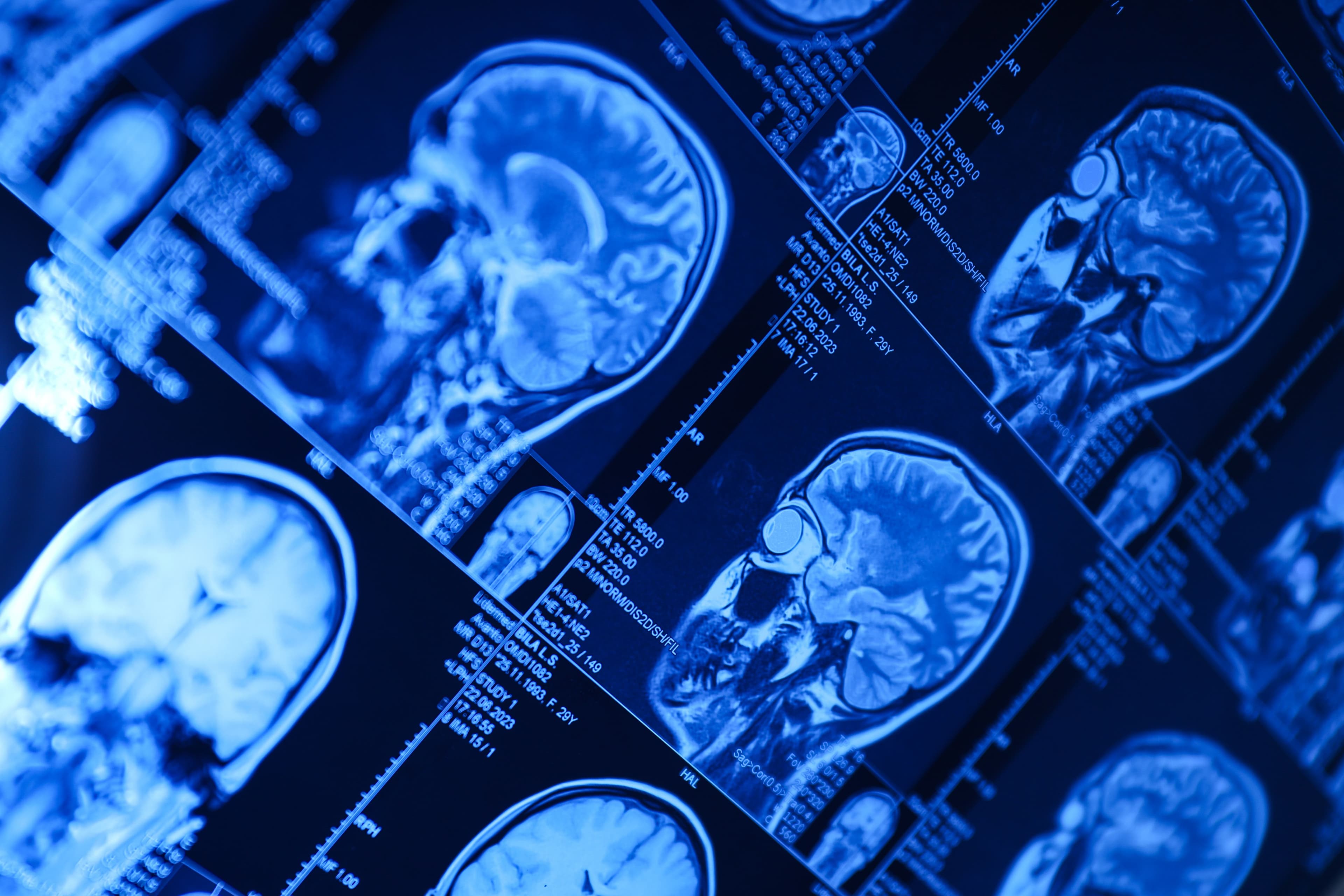
When it comes to traumatic brain injuries (TBI), not all symptoms appear immediately after the incident. In fact, many individuals may feel fine following a car crash, slip and fall, or sports injury—only to begin experiencing cognitive, emotional, or physical symptoms days or even weeks later.
A TBI can cause chemical and structural changes in the brain that take time to manifest. The brain may swell, bleed, or suffer microscopic damage that isn’t obvious right away.
• Memory problems
• Difficulty concentrating
• Mood swings or irritability
• Headaches or dizziness
• Sensitivity to light or sound
• Sleep disturbances
• Depression or anxiety
Delaying treatment may worsen the condition and reduce the chances of recovery. It can also complicate your legal case, as insurance companies may argue the injury wasn’t related to the original accident.
Seek medical attention immediately after any head injury, even if you feel fine. Keep a journal of any changes in behavior or cognition, and speak with an experienced attorney to ensure your rights are protected.

The vast impact made by Attorney Low on the law and the lives of his clients has gained the attention of magazines, radio stations, and media outlets alike.




.png)

Personal Injury
Common Insurance Company Tactics Used to Undervalue Serious Injury Claims explains the strategies insurers use to minimize payouts in catastrophic injury cases — from rushing early settlements to downplaying invisible injuries and exploiting recorded statements. This article helps injured individuals understand how to protect themselves and avoid costly mistakes after a serious accident.

Personal Injury
How Long Does It Take to Recover From a Traumatic Brain Injury? explores why there is no single recovery timeline after a TBI, what the different phases of healing can look like, and how medical and legal decisions made early on can impact your long-term health and future. This article helps injured individuals and families understand what to expect, what influences recovery, and how to protect themselves along the way.

Brain Injury
A traumatic brain injury doesn’t just affect your health — it can determine your future. This article breaks down five common mistakes that can seriously hurt a TBI case, from delaying medical care to trusting insurance companies too soon. Drawing on real courtroom experience, Joseph H. Low IV explains how these missteps happen, why insurers exploit them, and what injured people can do to protect their rights, their recovery, and their long-term financial security.

Brain Injury
Traumatic brain injuries don’t just affect the body — they can quietly reshape a person’s emotions, behavior, and relationships. In this article, we break down how TBIs can lead to unexpected personality changes, why these shifts happen, and what steps injured individuals and their loved ones can take to understand, cope, and seek the support they need. Whether you're recovering from a TBI or caring for someone who is, this guide offers clarity, compassion, and a path forward.